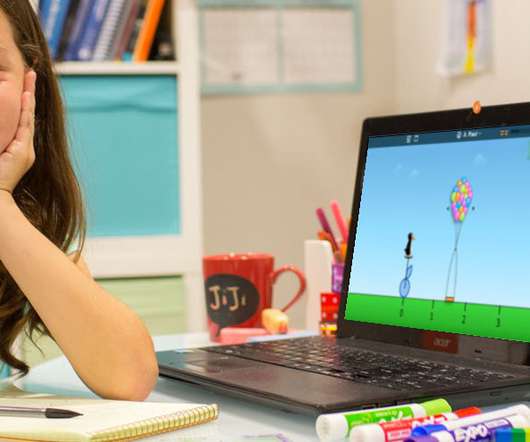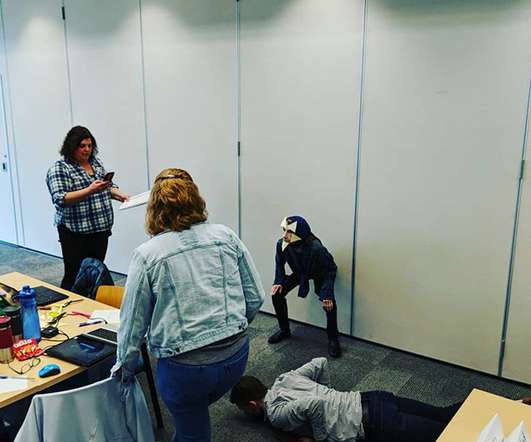The Science Behind Spatial-Temporal Math
MIND Research Institute
JANUARY 26, 2021
Games have the potential to be perceived as an enjoyable and fun activity and, with that, might provide a preferred means to teach math (Bragg, 2003). and 0.31, respectively, for math scale scores on standardized state assessments. Journal of Research on Technology in Education , 52 (1), 79–94. and 0.35, respectively.


























Let's personalize your content